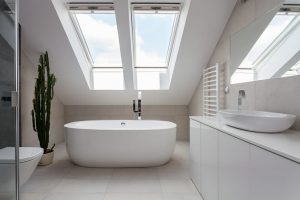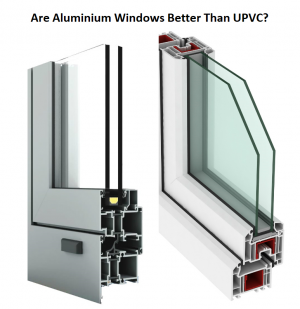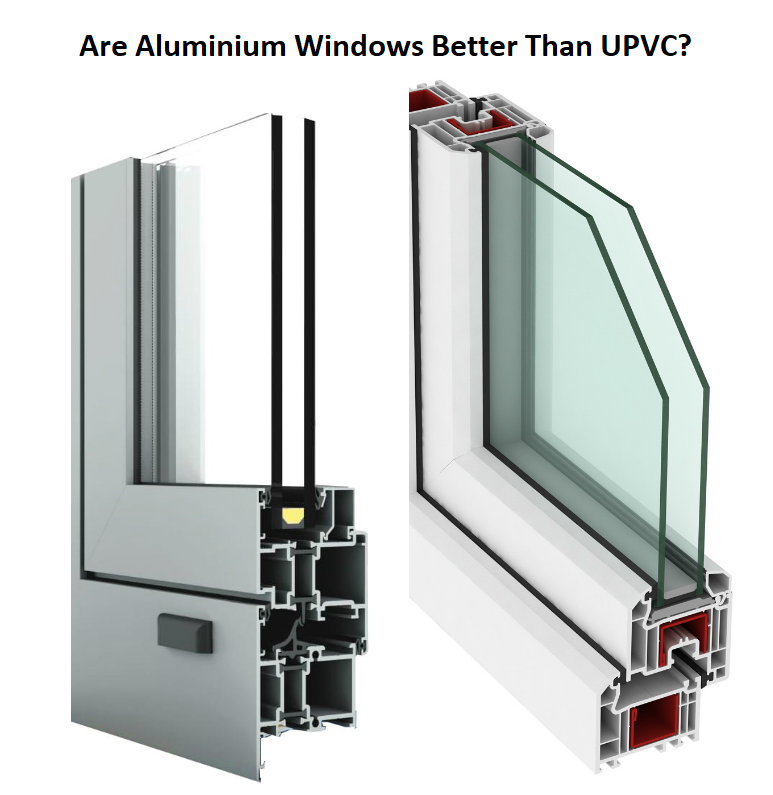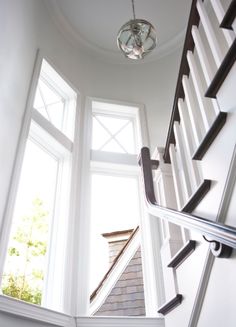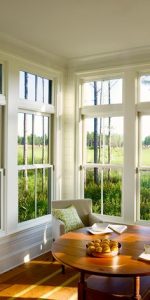There are many different types of window frames to suit different purposes and tastes. For example, certain designs can be used to provide adequate ventilation, even during tropical downpours, and/or bring more natural light into the home.
Different window styles offer different opening areas, which are of varying importance depending individual requirements. Larger openings increase ventilation options, while windows with smaller openings may be preferred because they provide greater safety.
For many people, energy efficiency and maintenance requirements will be factors to consider when choosing window styles for their homes. Hinged windows, for example, generally have the advantage over sliding windows due to their tighter sealing ability. In contrast, sliding windows are easy to maintain since they require only occasional cleaning of the glass window tracks.
New window styles are constantly being developed, and depending on the type of construction, size of your house, and number of windows in your house, you may consider a variety of styles for different purposes.
The following provides a brief overview of some common window styles as well as the differences in their energy efficiency:
Sliding windows – often have two or more sashes (sliding parts) that move horizontally, and provide a nice, clear opening for good ventilation. They can be double-glazed for energy efficiency, and often are fitted with insect screens. This type of window is relatively economical.
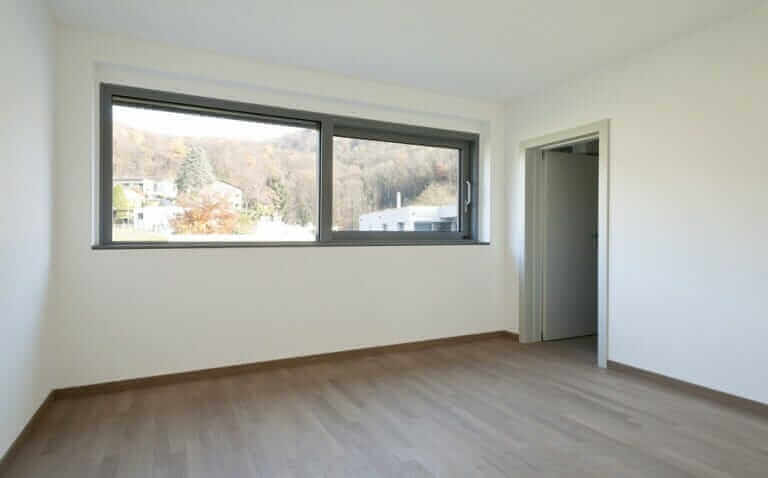
Awning windows – are top-hinged and open outwards. They can be double-glazed, and provide a tight seal when closed, unlike sliding windows. Although more burglar-proof than sliding windows, they also hinder exit in an emergency. This type of window is popular, aesthetically speaking.

Casement windows – are side-hinged and open outwards. They have the energy-efficiency advantages of awning windows but do allow an easier exit. Insect screens need to be internally fitted.
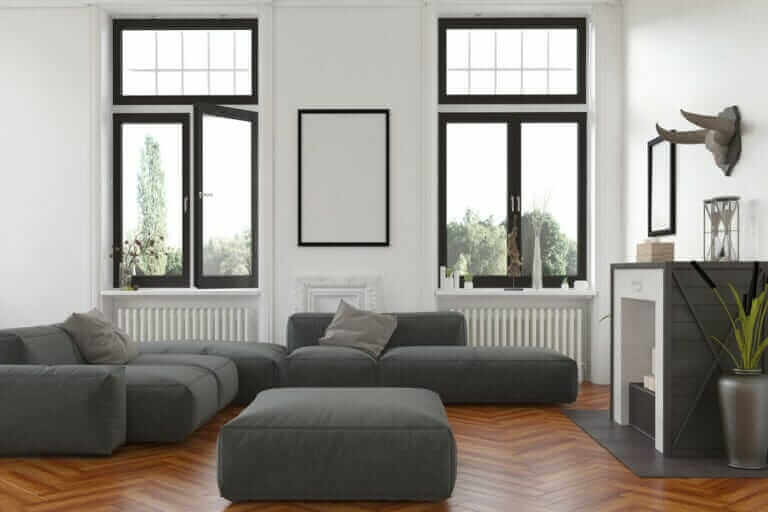
Double-hung windows – may be made from a variety of materials. The sashes move vertically, unlike sliding windows, and are assisted by internally fitted springs. The strength of the spring mechanism may limit the ability to support double-glazing. Insect screens may be externally fitted.
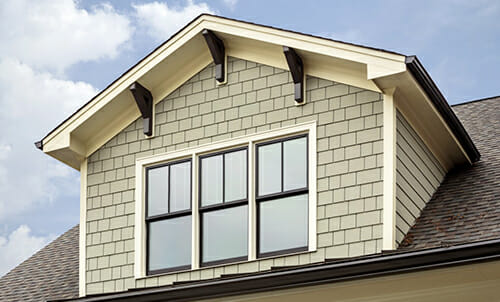
Roof windows (which may be likened to skylights) – are installed to bring light to areas which do not have external walls. They can be double-glazed, opened to allow ventilation if desired, and may be controlled remotely.

